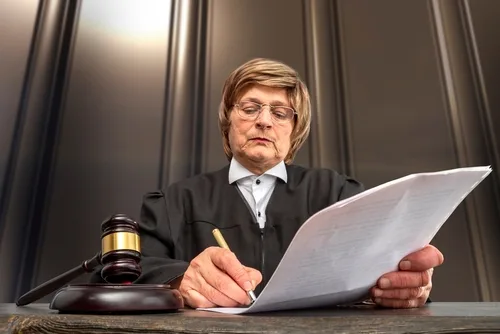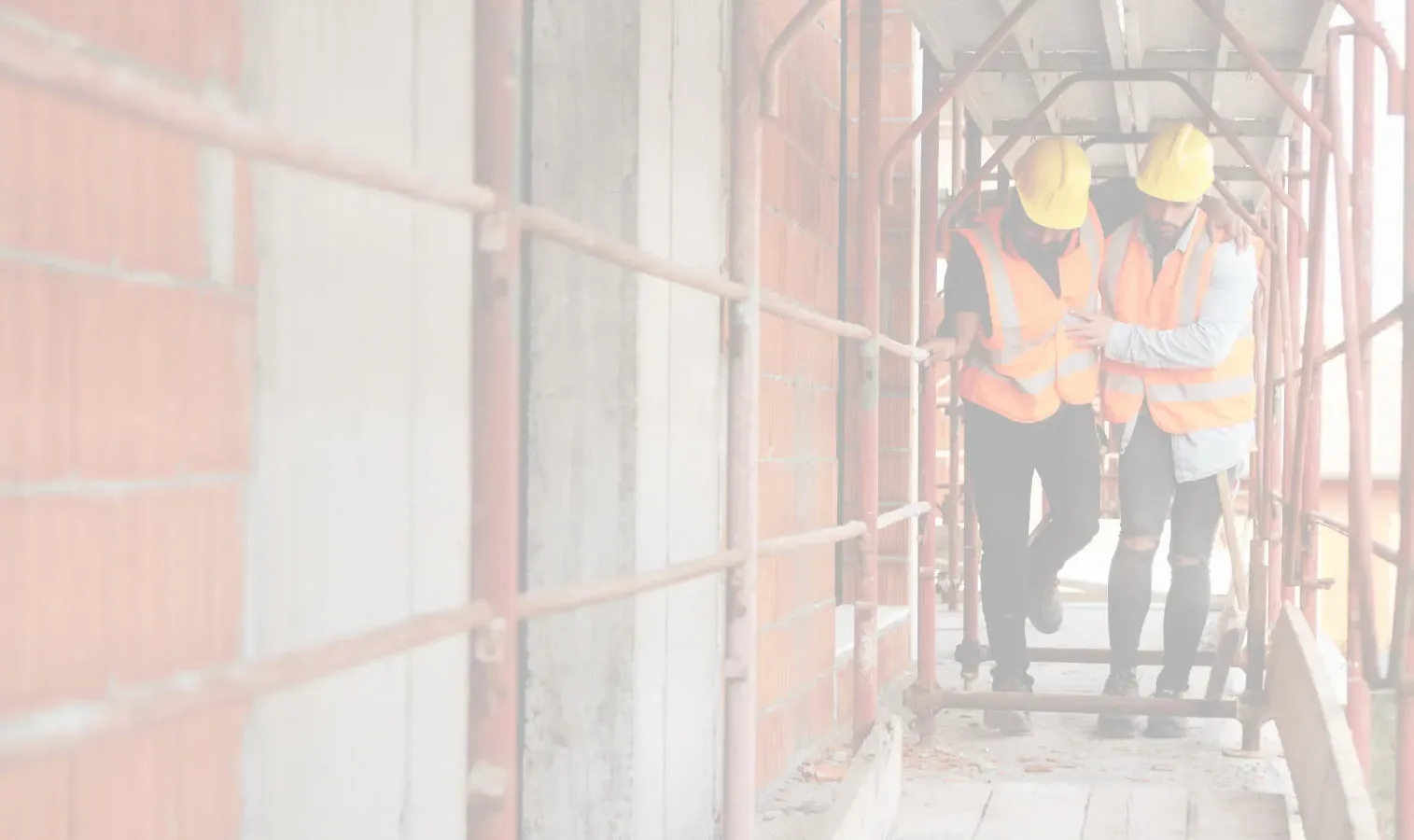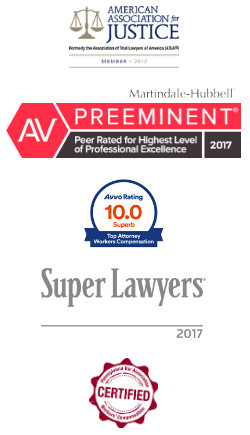It is a well-known fact that workers’ compensation cases can become extremely complex, either from the very beginning or at some point during the process, primarily because of a massive number of factors that must be taken into consideration.
While having complete medical documentation and adept legal guidance from a reputable work injury attorney in Allentown are key, there are two lesser-known factors that can impact the favorable resolution of your claim: the witness’s memory and the judge’s mindset.
How can the witness’s memory impact the claim resolution?
While we generally think our memories are excellent, we tend to reconstruct the past in a way that is consistent with our interests and emotional needs. However, this also makes our minds easily tricked into remembering things that did not occur.
Attorneys throughout Lehigh County often deal with witnesses who are far too confident in their recollections. Some people simply cannot be convinced that their memories may be wrong no matter how strong the evidence.
A real-life example
Years ago, a young associate I supervised was concerned that a particular witness in a workers’ compensation case did not wish to acknowledge that her memory of the events that led to her injury was incorrect. The theory in the case was simple.
She was a woman in her 50s who, for many years, hoisted reams and boxes of paper onto her right shoulder to carry them from one location in the store to the other. Over the course of time, her right rotator cuff deteriorated and finally tore.
Because virtually all the burden of doing this was on her right shoulder and arm, her left rotator cuff was fine. The woman, however, was convinced she suffered a specific incident in which she hurt her shoulder.

While it is probable that, at some point, she started feeling some pain in her shoulder when she lifted boxes, the problem was that she wrote two separate statements about how she injured her shoulder and made no mention of any specific incident.
In both statements, she said that she developed the symptoms over time. This was a perfectly reasonable explanation for her condition which, if accepted by the judge, would have resulted in a determination in her favor.
To make matters worse, the medical records of five separate medical providers, including a physical therapist, made no mention of a specific incident resulting in an injury. She insisted, however, that she told “all of them” about the time she lifted a box of paper on her shoulder and hurt herself.
I explained to my associate that she needed to discuss with the woman the problems associated with contradicting her own medical records and statements and talk to her about the fallibility of memory and the tendency for people to remember things that occurred in the past in a way that is consistent with their emotional makeup, needs, and interests.
I joined the associate in a conference room while she spoke with the claimant. She began by discussing the issue of memory, and the client acknowledged that she understood that memory is fallible. She discussed the problems associated with contradicting your own statements when testifying before a judge.
She explained the problem of trying to say that six separate medical providers had somehow recorded her history incorrectly. In the end, the woman agreed her memory of the incident was wrong, and that there could not have been a specific injury that resulted in her rotator cuff tear.
The U-turn
When she appeared before a judge, she testified consistently with her statements and the history that she provided to her medical providers, stating that the symptoms had occurred over the course of time and seemed to worsen during work hours. Her testimony was perfectly fine.
However, on cross-examination, the attorney asked the claimant if there was a specific incident that resulted in her injury. So strong was her memory of a specific incident, that she fell into the trap.
She claimed there was a specific incident, and then was subjected to 25 minutes of cross-examination during which she was confronted with both of her witness statements and the medical records from six different medical providers in which no history of a specific incident was recorded.
The Outcome
I genuinely believe this woman was testifying truthfully, in the sense that she honestly believed that her shoulder injury had resulted from a single incident in which she had lifted a box of paper onto her shoulders. I also believe, however, that this memory was completely false and that her shoulder problem resulted from repetitively lifting such boxes onto her shoulder over the course of time.
When the pressure was on, however, she could not resist insisting on the accuracy of her memory, which had predictable consequences: While my associate was able to get the case settled, the value of the settlement had gone down considerably.
The Takeaway
When a witness testifies to a story that is contradicted by multiple documents containing descriptions of statements made by the witness, it is nearly impossible to convince a finder of fact that the witness is testifying truthfully.
Therefore, if you’re due to testify in a workers’ compensation case, it is highly advisable to acknowledge the fact that your recollection of past events may not be perfect and to rely on the guidance of your legal counsel instead.
Will the mindset of the judge affect the outcome of my case?

Does the mindset of the judge have an impact on the likelihood that you will win or lose your workers’ compensation case? This is one of the most common questions we hear in our law firm and the answer is, unsurprisingly, “yes”. Like everyone, workers’ compensation judges in Pennsylvania have their own viewpoints, biases, and life experiences.
Some are highly skeptical about certain medical providers. Others are skeptical about particular attorneys or law firms. Some judges are pro-employer, others pro-claimant. As such, it is only natural to conclude that the mindset of the judge can have a serious impact on whether you win or lose your workers’ compensation case.
Who’s the preferred work injury attorney near me in Allentown?
Whether you wish to discuss your options regarding long-term disability benefits or need a reliable team to help you avoid insurance companies’ traps after filing a claim, Liberty Bell should be your first choice. With a proven, 20-year-long track record of success, our dedicated team from Allentown has extensive experience of the region’s legal landscape and can help you navigate every facet of Pennsylvania Workers’ Compensation law with utmost confidence. Reach out today!








